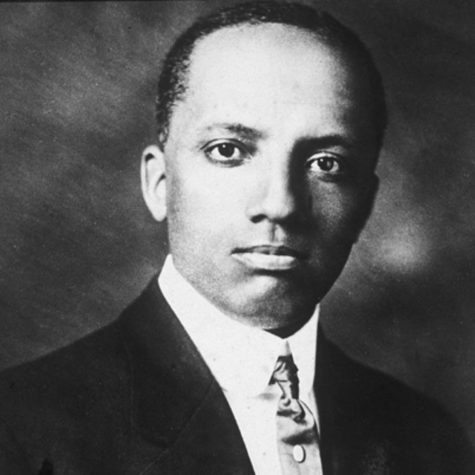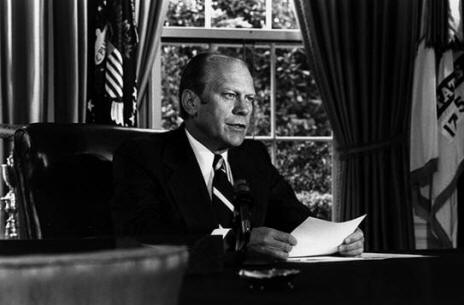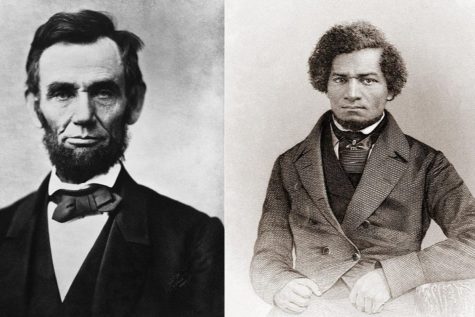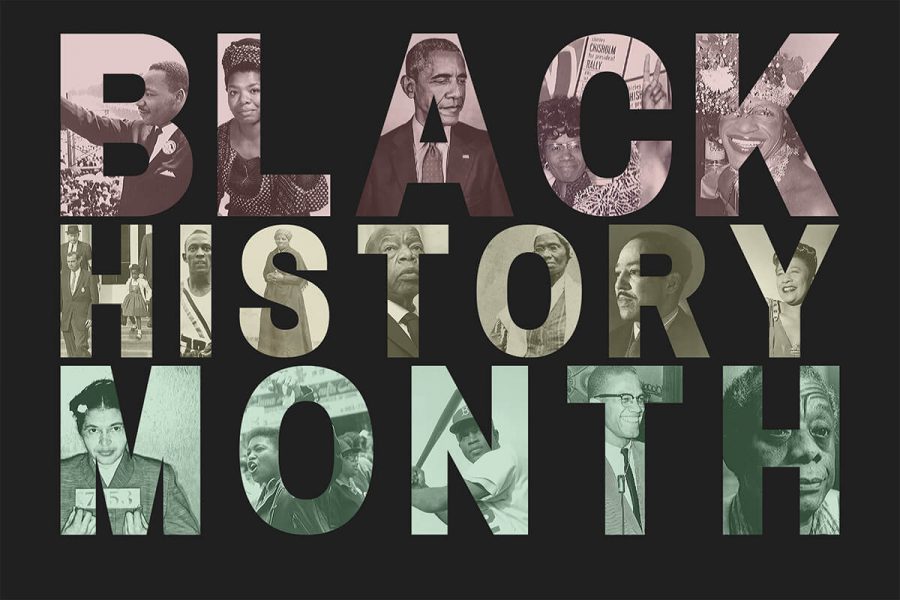The History of Black History of Month
January 31, 2021
Black History Month is celebrated every year for the entire month of February. It is a month of celebration and appreciation for African American who achieved success in spite of racism and other obstacles and contributed greatly to American history. During this month, we reflect on and give honor to more than 400 years of Black history and heritage in national parks and communities across the country.
But how did this month come to be?
 The precursor to Black History Month was created in 1926, when historian, author, and founder of the Association for the Study of Negro Life, Carter G. Woodson, aka “The Father of Black History,” decided to launch the celebration of “Negro History Week.” This particular week, which took place during the second week of February, was an appreciation of African Americans who had major achievements in American History. While obtaining his Masters degree from the University of Chicago and Ph.D. from Harvard, he realized that African Americans were not even mentioned in his studies. Many of the textbooks would talk about American history while excluding African Americans. According to the NAACP, Woodson believed that Black Americans should know their history in order to effectively participate in the affairs of our country. The government website, AfricanAmericanHistoryMonth.gov, states:
The precursor to Black History Month was created in 1926, when historian, author, and founder of the Association for the Study of Negro Life, Carter G. Woodson, aka “The Father of Black History,” decided to launch the celebration of “Negro History Week.” This particular week, which took place during the second week of February, was an appreciation of African Americans who had major achievements in American History. While obtaining his Masters degree from the University of Chicago and Ph.D. from Harvard, he realized that African Americans were not even mentioned in his studies. Many of the textbooks would talk about American history while excluding African Americans. According to the NAACP, Woodson believed that Black Americans should know their history in order to effectively participate in the affairs of our country. The government website, AfricanAmericanHistoryMonth.gov, states:
“Negro History Week had become a central part of African American life and substantial progress had been made in bringing more Americans to appreciate the celebration. At mid–century, mayors of cities nationwide issued proclamations noting Negro History Week. The Black Awakening of the 1960s dramatically expanded the consciousness of African Americans about the importance of black history, and the Civil Rights movement focused Americans of all colors on the subject of the contributions of African Americans to our history and culture”
In 1970, 20 years after Woodson’s death and 44 years after the introduction of Negro History Week, the Black United Students and Black educators at Kent State University expanded this idea to include an entire month beginning on February 1, 1970; however, it would take sixteen years for this to become a law in the country.
 In 1976, during Negro History Week, President Gerald Ford dedicated the month to the history, culture and contributions of African Americans with Ford urging all Americans to “recognize the important contribution made to our nation’s life and culture by black citizens.”
In 1976, during Negro History Week, President Gerald Ford dedicated the month to the history, culture and contributions of African Americans with Ford urging all Americans to “recognize the important contribution made to our nation’s life and culture by black citizens.”
The month of February was purposefully chosen to celebrate Black Americans since President Abraham Lincoln, who freed the slaves, and Frederick Douglass, who escaped slavery and became a famous author, speaker and abolitionist, were born in this month specifically during Woodson’s Negro History Week.

In 1986 Congress passed Public Law 99-244 which officially designated the month of February as the National Black History Month. According to the Library of Congress,
“The law further directed the President to issue a proclamation calling on the people of the United States to observe February 1986 as Black History Month with the appropriate ceremonies and activities. President Reagan issued Presidential Proclamation 5443 which proclaimed that “the foremost purpose of Black History Month is to make all Americans aware of this struggle for freedom and equal opportunity.” This proclamation stated further that this month was a time “to celebrate the many achievements of African Americans in every field from science and the arts to politics and religion.”.
As years passed on, many other presidents created their own proclamations which supported Black History Month and celebrated the contributions of the Black community to American History. February is a time to honor the past, celebrate the present and a reminder to continue to fight for equality and justice for a better tomorrow.



